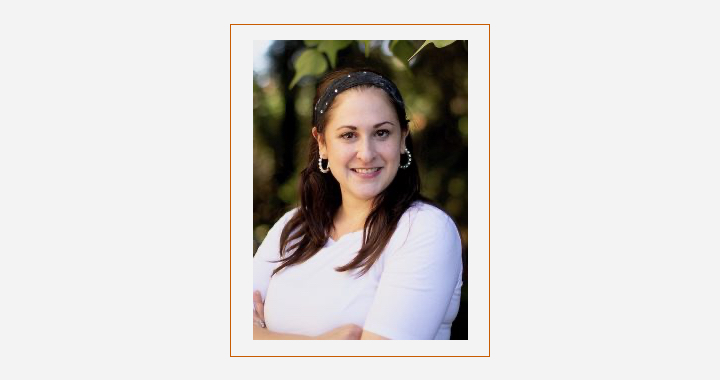Satisfactory Academic Progress (SAP) Standards
Student academic progress for medical students is measured in three areas:
Maximum Time Frame
The maximum allotted time frame for a student to complete the M.D. degree and still be eligible for federal loans over the duration is 150% of the expected 4 years. A student may only repeat a year of study once during the course of his/her studies.
Qualitative Standard
A student must complete all course requirements and examinations with grades consistent with the school’s graduation requirements in order to be promoted from one year to the next, prior to the commencement of the following academic year. Student progress is evaluated semi-annually by the Year Coordinator, Associate Dean for Academic Affairs and the Associate Dean for Student Affairs. Students who have failed a course will be required to meet with the Associate Dean for Student Affairs. If the student fails the subsequent make-up examination (“moed bet”) they will meet with the Promotions Committee.
After this review, the Committee will recommend to the School Director one of the following options: terminating studies, repeating a year, repeating the failed course or a clerkship. The Director has sole discretion to apply his decision which is bound by MSIH, Faculty and University regulations.
Students who does not meet these requirements will be ineligible for federal loans until such time as they improve their grades and once again meet the federal aid requirements.
Students who repeat an academic year must fulfill all of the requirements of that specific year unless agreed upon with the Director. During the year, the student will be ineligible for federal loans. Students are permitted to repeat an academic year only once during their four years of studies.
Before making a decision, the school Director will invite the student for a hearing. The student may bring one person of their choice to accompany them to this meeting. Students may not start third year clinical studies without completing all requirements of years one and two. A student may appeal the decisions of the school Director, in writing, to the Dean of the Faculty of Health Sciences, in strict coordination with MSIH regulations and guidelines. Such an appeal is arranged by the school administration only, and the student is not to approach the Dean’s office alone.
Quantitative Standard
A student must have passing grades for at least 67% of the cumulative successfully completed courses leading to a degree that ensures completion of the academic credential within the maximum time frame allowed of up to 150%.
The M.D. degree requires four years to complete.
A student is ineligible when it becomes mathematically impossible for him to complete his program within the 150% framework.
SAP Evaluation Frequency
Both qualitative and quantitative progress is evaluated semi-annually by the Year Coordinator, Associate Dean for Academic Affairs, and the Associate Dean for Student Affairs.
A student who is not maintaining SAP in a given semester will incur one of the following outcomes:
- Placed on academic probation
- Placed on probation for financial aid (this will allow the student to continue receiving financial aid for up to one semester, but the student will need to show improvement and maintain the cumulative SAP requirements in the following year)
- Lose their eligibility to receive financial aid
The SAP decision may be delayed by outstanding grades decisions.
If aid is denied students may appeal. If the appeal is approved, students will be put on Financial Aid Probation for the next payment period. During this period grades are expected to improve. If at the end of this period, students fail the satisfactory progress check, they will lose eligibility for loans until such time as they regain SAP requirements.


